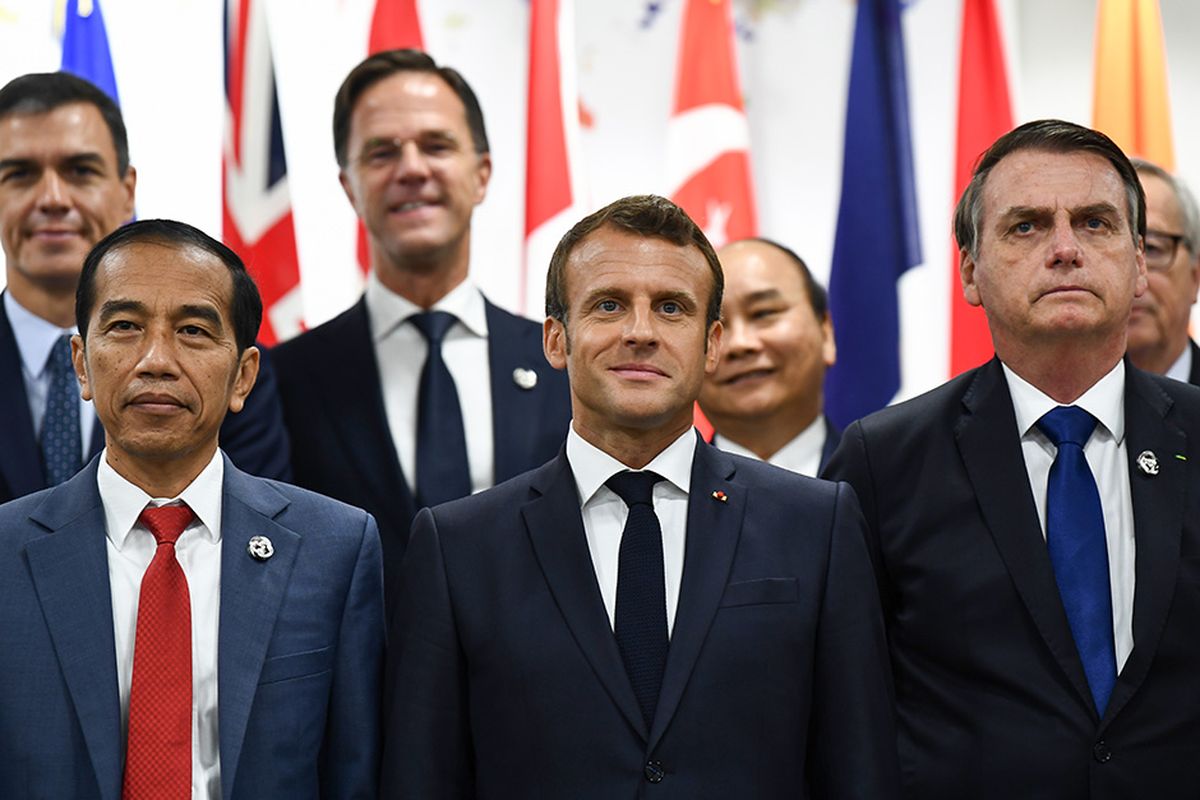Pay Later: G20 Extends Debt Relief for Developing Countries

WASHINGTON, KOMPAS.com - The Group of 20 (G20) nations agreed to extend debt relief for another six months to support poor nations in their fight against the coronavirus pandemic.
The G20 represents the world’s biggest economies and their decision of extending debt relief to the most vulnerable countries was made on Wednesday.
The G20 stated that the suspension of debt payments by another half a year could provide debt relief of $14 billion that had been due to expire at the end of 2020.
Wednesday’s decision gives developing nations until the end of June 2021 to focus on spending on health care and emergency stimulus programs rather than debt repayments.
Read also: IMF Sees Worsening Economic Outlook for Emerging Markets
The G20 announcement was made initially on Twitter during a meeting of the group’s finance ministers and central bank governors, and later confirmed at a news conference.
The virtual discussions are being held at the start of this week's meetings of the 189-nation International Monetary Fund and the World Bank, which are also being conducted virtually because of the coronavirus pandemic.
International aid groups expressed disappointment that more debt relief isn't being provided to developing countries by extending the moratorium on debt payments for a full year or by forgiving part of the debt rather than merely suspending payments.
“This pandemic has laid bare a glaring and unjust double standard: The world's wealthiest countries play by one set of rules, and the world's poorest by another,” said David McNair, Executive Director for Global Policy at ONE, an international aid group.
G20 officials argued that the coronavirus-pandemic-induced relief that is being provided is helping 46 of the 73 countries eligible with efforts underway to expand the help.
Some critics have also complained that China objected to portions of the G20's debt relief plans that have been advanced.
Read also: China’s Economy Swiftly Rebounding, Boosted by International Trade
“It is unfortunate that the pressing need for broader debt relief for poor countries is being stymied by the apparent recalcitrance of China, which has become a major creditor,” said Eswar Prasad, an Economics Professor at Cornell University and a former Head of the IMF’s China Division.
“China has proven a reluctant participant in multilateral debt relief efforts, putting its narrow economic and geopolitical interests ahead of a collective approach to easing the burden on poor countries.”
“We still need to do more," Mohammed al-Jadaan, the Finance Minister for Saudi Arabia, this year’s Chair of the G20, acknowledged at a news conference after Wednesday's meeting.


































